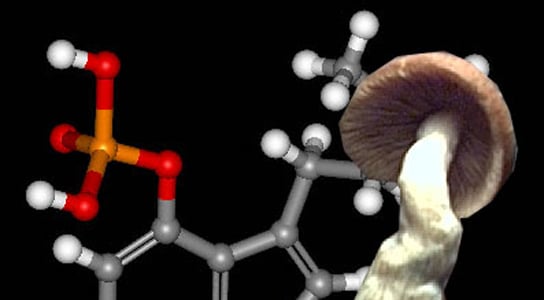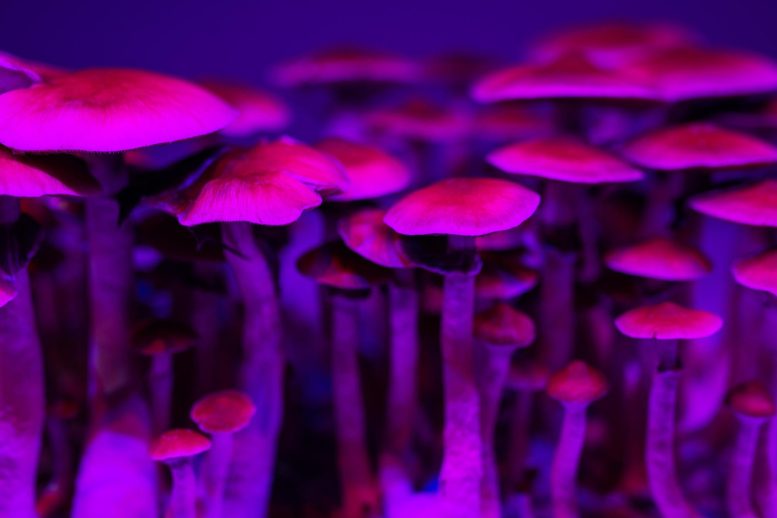
While it’s colloquially believed that psychedelic drugs, such as magic mushrooms, have the capacity to expand the minds of its users, researchers have actually shown that the hallucinogenic chemical induces widespread decreases in brain activity.
The recent study was published in the Proceedings of the National Academy of Sciences, and it shows that psilocybin, which has been revered for centuries to induce mystical experiences, has actually the therapeutic potential to treat a variety of psychiatric conditions. The drug activates serotonin receptors, but the way this happens in reality is poorly understood.

David Nutt, a neuropsychopharmacologist at the Imperial College London, and his colleagues used functional magnetic resonance imaging to monitor the changes in brain activity during the transition in states when a patient ingests the drug.
The most significant decreases were observed in the medial prefrontal cortex, and the anterior and posterior cingulate cortices. The scans showed a reduction in functional connectivity between these areas, so that their normal synchronous activity became desynchronized. The stronger the drug, the larger the decrease.
The mPFC, PCC, and thalamus act as connector hubs that have a pivotal role in the way that information is coordinated throughout the brain, which is what accounts for hallucinations, since the drugs induce a state of unconstrained cognition.
Since depression involves hyperactivity in the mPFC, it’s possible that a reduction in activity in the mPFC could alleviate some of the symptoms.
However, Nutt’s findings contradict some earlier ones, which had reported activation in these areas of the brain, not deactivation. Keith Laws, a neuropsychologist at the University of Hertfordshire states that the deactivation of the mPFC and PCC could be linked to the anxiety and anticipation of pleasant and unpleasant experiences. The lab situation could have been stressful for the patients, which suggests that there should be a much larger subject pool before more exact conclusions can be drawn.
Reference: “Neural correlates of the psychedelic state as determined by fMRI studies with psilocybin” by Robin L. Carhart-Harris, David Erritzoe, Tim Williams, James M. Stone, Laurence J. Reed, Alessandro Colasanti, Robin J. Tyacke, Robert Leech, Andrea L. Malizia, Kevin Murphy, Peter Hobden, John Evans, Amanda Feilding, Richard G. Wise and David J. Nutt, 23 January 2012, Proceedings of the National Academy of Sciences.
DOI: 10.1073/pnas.1119598109
Never miss a breakthrough: Join the SciTechDaily newsletter.